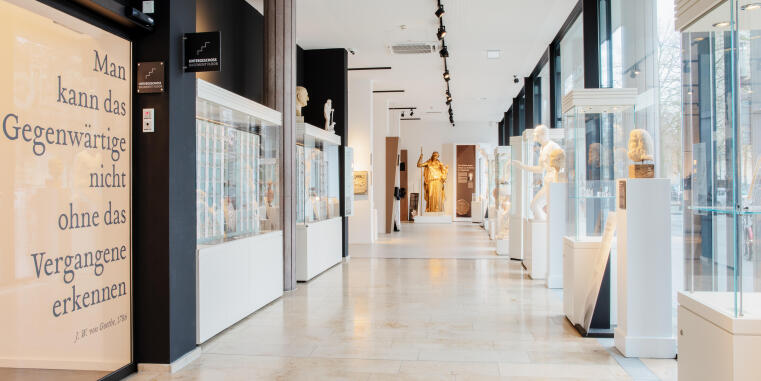
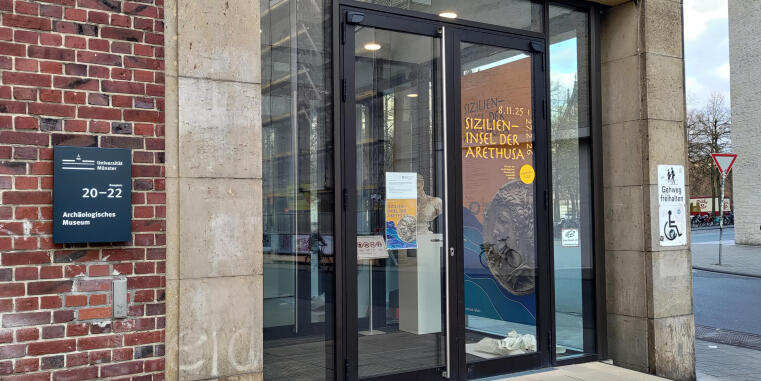
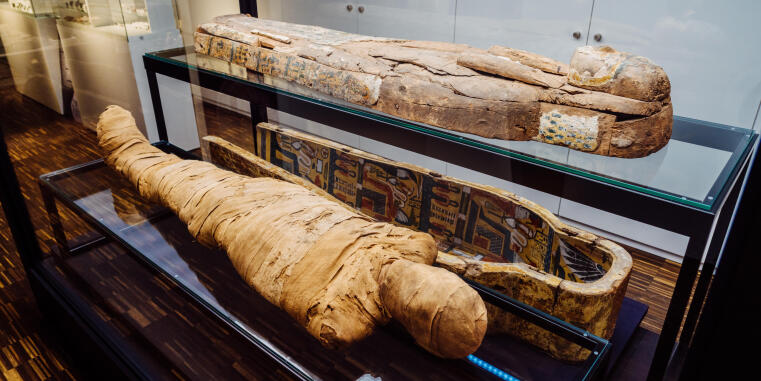
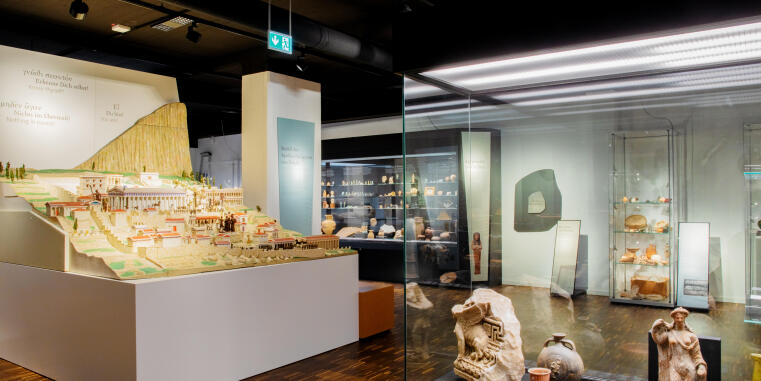
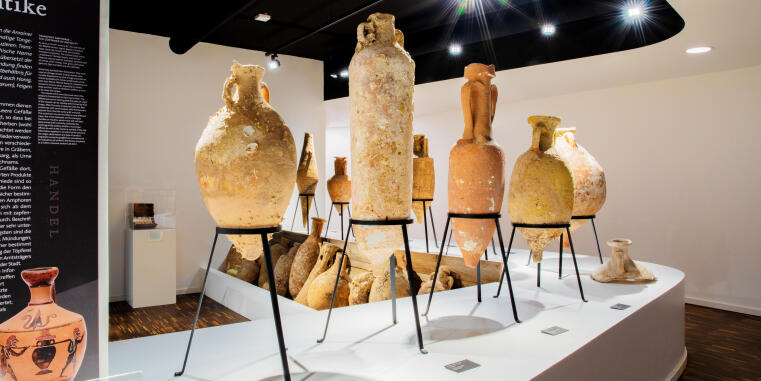





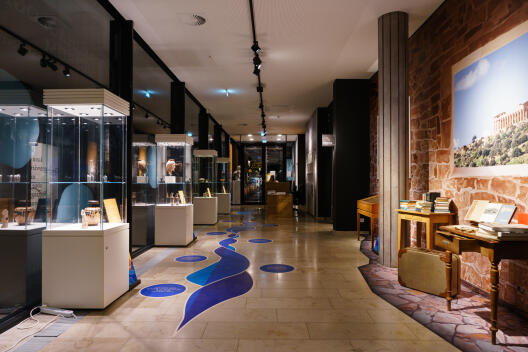
Due to its great and lasting success, the Archaeological Museum is extending the special exhibition “Sicily – Island of Arethusa” by one month until March 27, 2026. Over the past four months, around 5,300 people have visited the exhibition, which showcases the museum's rich collection of Sicilian coins. The multimedia exhibition concept, which incorporates not only coins but also casts and originals from sculpture, architecture, and literature, as well as an interactive map, and highlights the interconnection with other forms of art and culture, contributed to a new visitor record last year. In 2025, a total of almost 18,000 people visited the museum in the heart of the old town.
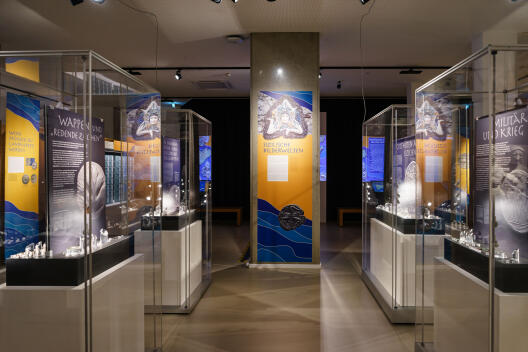
From mythological themes to everyday and military depictions to exhibits on coin counterfeiting, the exhibition “Sicily – Island of Arethusa” offers an overview of coin research and its contents. On February 8, 15, and 22, starting at 2:15 p.m. each day, visitors can take a final look at the exhibits, which are among the most beautiful in the ancient world, under the guidance of an expert guide. Registration is not required, and admission is free.
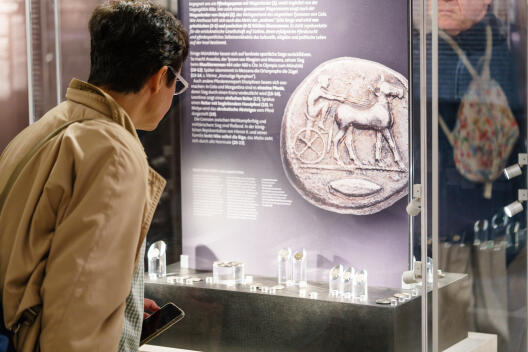
With almost 18,000 visitors, the Archaeological Museum set a new visitor record last year. One reason for the great interest is likely to be the two special exhibitions that were shown in the building on Domplatz in 2025. The exhibition ‘Body.Cult.Religion’, which was shown from 25 October 2024 to 26 February 2025 in collaboration with the Bible Museum, attracted a total of around 7,000 curious visitors. The coin exhibition ‘Sicily – Island of Arethusa’, which can be seen until 27 February this year, has already been viewed by over 3,000 interested visitors.